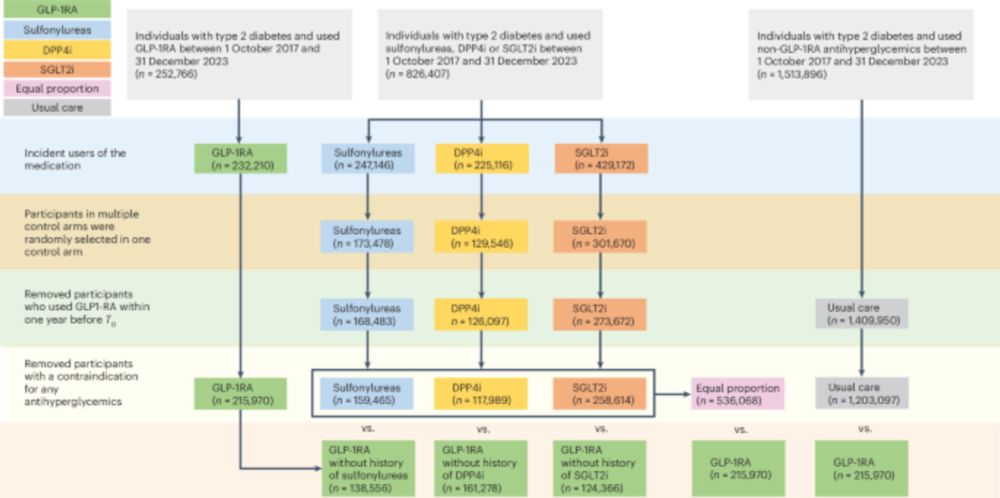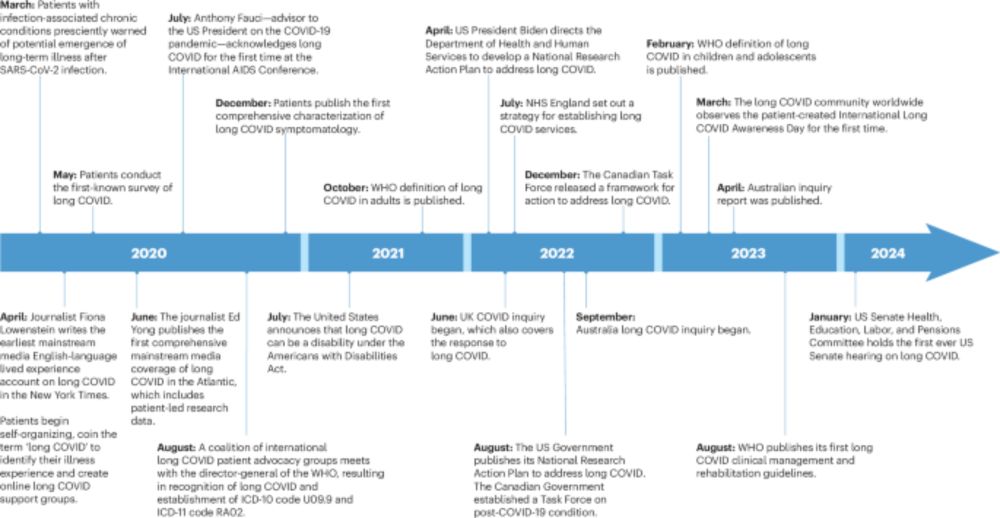We are hiring postdoctoral fellows in Clinical Epidemiology and Pharmacoepidemiology.
Details and application via Indeed.

We are hiring postdoctoral fellows in Clinical Epidemiology and Pharmacoepidemiology.
Details and application via Indeed.



Section 5 (pictured below) outlines their recommendations. Led by Sara Illman, PhD and colleagues.
www.nordforsk.org/2025/knowled...

Section 5 (pictured below) outlines their recommendations. Led by Sara Illman, PhD and colleagues.
www.nordforsk.org/2025/knowled...
My Ozempic piece has been translated into French; thanks the amazing team at Conversation in Paris. @theconversation.com @france.theconversation.com
theconversation.com/alzheimer-ad...

My Ozempic piece has been translated into French; thanks the amazing team at Conversation in Paris. @theconversation.com @france.theconversation.com
theconversation.com/alzheimer-ad...
They seem promising, but more data is needed.
www.nytimes.com/2025/01/31/w...

They seem promising, but more data is needed.
www.nytimes.com/2025/01/31/w...
www.nature.com/articles/s41...

www.nature.com/articles/s41...
New from my team: In a study of over 2 million people, we comprehensively mapped the benefits and risks of GLP-1 (e.g. Ozempic and similar weight loss drugs) across 175 health conditions.
Please share and download before it goes back behind paywall.

New from my team: In a study of over 2 million people, we comprehensively mapped the benefits and risks of GLP-1 (e.g. Ozempic and similar weight loss drugs) across 175 health conditions.
Please share and download before it goes back behind paywall.
We comprehensively mapped the benefits and risks of GLP-1 receptor agonists (GLP-1) (Ozempic, Wegovy, Mounjaro, Zepbound).
By @Biostayan, Taeyoung Choi and me
A 🧵
www.nature.com/articles/s41...

We comprehensively mapped the benefits and risks of GLP-1 receptor agonists (GLP-1) (Ozempic, Wegovy, Mounjaro, Zepbound).
By @Biostayan, Taeyoung Choi and me
A 🧵
www.nature.com/articles/s41...
🔹 400 million individuals affected worldwide
🔹 $1 trillion in annual economic costs
🔹 Countless lives & communities shattered
The time for a comprehensive policy and research response is now!
Details in our review here www.nature.com/articles/s41...

🔹 400 million individuals affected worldwide
🔹 $1 trillion in annual economic costs
🔹 Countless lives & communities shattered
The time for a comprehensive policy and research response is now!
Details in our review here www.nature.com/articles/s41...

